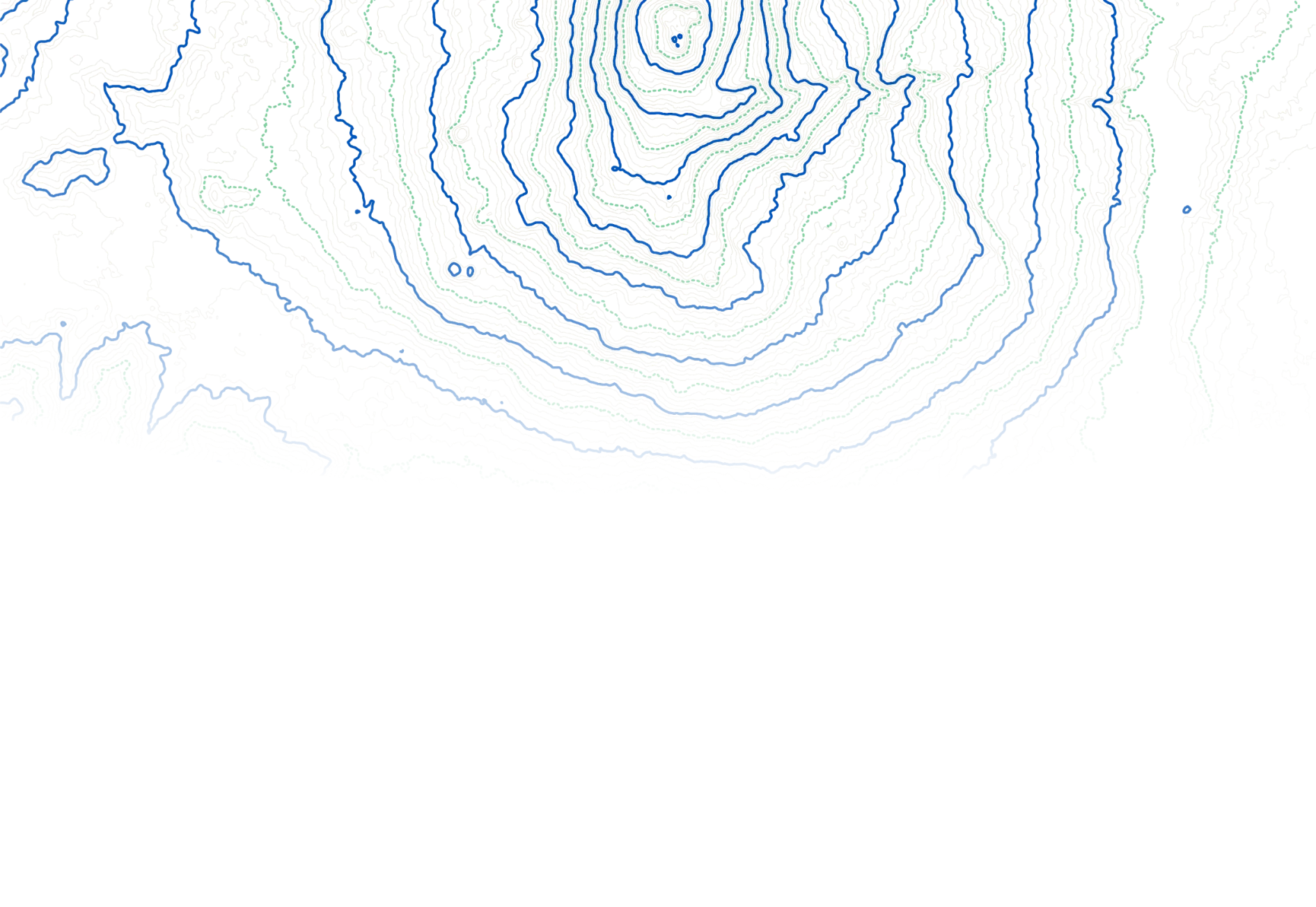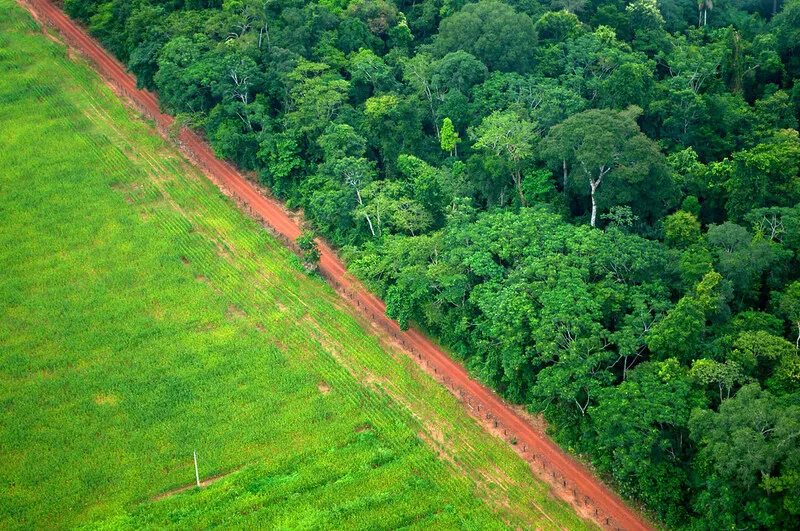Anthropocene: what to do when we already know that we are the problem?



They tell us over and over again that we are only a second in the history of the planet and that at that moment in which our entire existence is protected, we have destroyed more than any other species; we have generated such a force of change that even - although practically nothing on the time scale - we deserve our own era; one that frames our indisputable capacity to transform planet-scale resources by geological force. This era began, according to several authors, no more than three hundred years ago with the Industrial Revolution and extends to our present (Crutzen) et al. , 2007). This era is known as the Anthropocene. Although the end of the anthropocene - etymologically speaking - would imply the very end of humanity, we fervently believe that we can dream and build a future for our species and the others with whom we coexist, in such a way that we remember this geological period in more words than that of destruction. Building a future implies, above all, becoming more aware human beings and focusing our actions - rather than individual, collective and far-reaching - on truly seeking Give back to our planet everything we have taken from it. Let's see what this is all about.
It is enough to clarify that our individual actions are important and no matter how small they are they should be underestimated, however, a global requirement requires global and scalable actions, therefore, the resolution will be intersectoral or otherwise, it will not be.
Let's start by saying that the anthropocene is much more than the climate crisis - to be more clear, but in case we somehow believed that this was the only thing we had to attend to - however, the different problems that we must find solutions to them are not solved in isolation. In fact, no process on our planet results from an isolated situation. Understanding the integral dynamic that surrounds the scaffold that is life is the key -and the first step- to address the problems we face effectively, and above all, to find efficient solutions and not die trying - without speaking metaphorically.
On the one hand, the climate crisis involves global warming and climate change. Although climate change is normal in the history of our planet - since the Earth has oscillated between glacial and interglacial periods for millions of years - this process is being exacerbated by global warming, something that is not normal. The anthropocene is also the accelerated extinction of species, the water crisis, deforestation and unjustified land use change without a deserving territorial order, private interest in the collective, the energy crisis, the loss of ecosystem services, the lack of responsibility, the excess of nitrogen everywhere, the plastic that floods us, the food crisis and the world of violence, oppression and injustice in which we live immersed every day. In short, the anthropocene has a strong biological aspect, but it is not consolidated if we do not understand the sociocultural context.
So, What do we do as companies, decision makers or organizations?
(It is enough to clarify that our individual actions are important and no matter how small they are they should be underestimated, however, a global requirement requires global and scalable actions, therefore, the resolution will be intersectoral or otherwise, it will not be).
1. Accepting uncertainty
Discouragement has characterized recent years on the planet. Every day negative news floods our heads more strongly and makes us question the slightest of our actions. But there is one thing we have to face boldly and that is that change is always good, but above all, it is inevitable. As companies, we must begin to accept uncertainty and even learn to embrace it.. One capacity that we must all develop equally - both individuals, corporations and governments - is the adaptability and the assertive answer. The rupture of paradigms is perhaps a violent process, but it is necessary. Moving from polluting energy to renewable energy is not easy, but it is necessary. It is the same with migrating from harmful to regenerative forms of agriculture, or preferring to conserve a forest that provides ecosystem services and captures carbon, rather than converting it into a pasture.
For a world in constant change—and one that is quite accelerating—we must act accordingly. Although uncertainty is scary, let's remember that technological innovation is an ally. Let's take an example: today's nature-based solutions were yesterday's resource management and management practices. However, something changed from one to the other and today we measure the effectiveness of those actions in different ways. At Toroto, we use this technological innovation to know precisely in which areas a solution was beneficial and in which not; we can know how much carbon a tree captures with the help of a hysometer and a simple calculation; we can know the vegetation cover of a region and at the same time observe the slope of a slope through the use of Geographic Information Systems and thus make the right decisions about where to build a gabion dam and why; we can generate an inventory of emissions in order to know how much and how to mitigate what is emitted.
Uncertainty about what will happen to our future will always exist, and that is not why we will stop taking action for that future. If we face it in the best possible way, uncertainty can be that engine of change to guide us to making decisions that perhaps seemed impossible before, but which today we know are what we must do for the well-being and survival of the common.
One capacity that we must all develop equally - both individuals, corporations and governments - is the adaptability and the assertive answer.
2. Cultivate new mindsets
One thing is clear: on a planet like the one we currently live on, There is no possibility of change or solution if it does not germinate from the market and the business sector. It sounds difficult to admit, but the first new mentality must be focused on “de-demonizing” this situation. The market and many corporations are both the cause and the solution to move from an apocalyptic anthropocene -such as the one we are living in- to a utopian one -such as the one we want to live in. The reality is that even ignoring the consumption patterns of different societies and latitudes, no human who is determined to pollute and destroy the planet will be able to do so as much as a standard company. It is for this simple reason that the solution must come from our sector.
Accepting responsibility is complicated; It's always much easier to see the other person before you see yourself. But it's urgent that we recognize the areas where we all need to improve, whether it's starting to Measure emissions, look for ways to reduce them, support projects of offsetting or, set out on a trip of Insetting, among others.
Cultivating new mentalities means removing a bias to see with a little more clarity the reality and urgency of our actions. This is why we believe it is equally urgent to break the paradigm of pristine conservation and to state the need to work with the owners of the land to sustainably manage their resources, while We diversify the voice to make this dialogue for the care of our only planet a democratic one. For this reason, at Toroto we are fully committed to managing processes of governance both with the ejidatarios with whom we work, and internally between our team and collaborators.
3. Building a future for all means celebrating everyone's progress
Small or big accomplishments are all accomplishments. Having a new greenhouse gas reduction goal is the first step; making your company Net-Zero is the ultimate goal. The narrative that generally permeates our environment may discourage action, but thinking that a small achievement is just a link in a climate strategy makes us rethink the importance of that small achievement in the first instance. It is also the case with ecological restoration projects: it is impossible to want to observe the benefits of a resilient ecosystem without first laying the first stone or planting the first tree. Nature also goes one step at a time. Various theories in the social sciences explain the behavior we develop to avoid the fear of failure or of encountering a threat that may seem very great: that behavior is reduced to the denial of the threat itself (Peters et al., 2013). An example of this behavior are those people or organizations that, despite all the evidence of imminent destruction, deny the existence of climate change or environmental crisis. It scares us all, but little by little, from small achievements to small achievements, we can move from denial to action.
The anthropocene is not an era that was created by bad corporations that only seek to enrich themselves by virtue of the gratitude with which nature embraces us. Not everything is so Manichaean, however, even though there are some who are more guilty than others and some who must assume their responsibility more than others, our relationship with nature must be reconstructed in a global way, so it does not add up to the resolution of the problem to think individually. The alliance is the answer.
Do you have a project or an idea to build that utopian anthropocene that we want to inhabit? Write to us at hola@toroto.mx
About the author: Sandra is an Executive Editor at Toroto. He studied biology at the UNAM. He loves to read and be in nature.
References
Crutzen, P., Steffen, W. and McNeill, J. (2007). “The Anthropocene: Are Humans Now Overwhelming the Great Forces of Nature?” AMBIO: A Journal of the Human Environment, v. 36, n. 8, p. 614.
Peters, G.J., Ruiter, R.A., & Kok, G. (2013). Threatening communication: a critical re-analysis and a revised meta-analytic test of fear appeal theory. Health Psychology Review, 7(Suppl 1), S8-S31. https://doi.org/10.1080/17437199.2012.703527
Explore reflections, research and field learning from our work in ecosystem restoration.